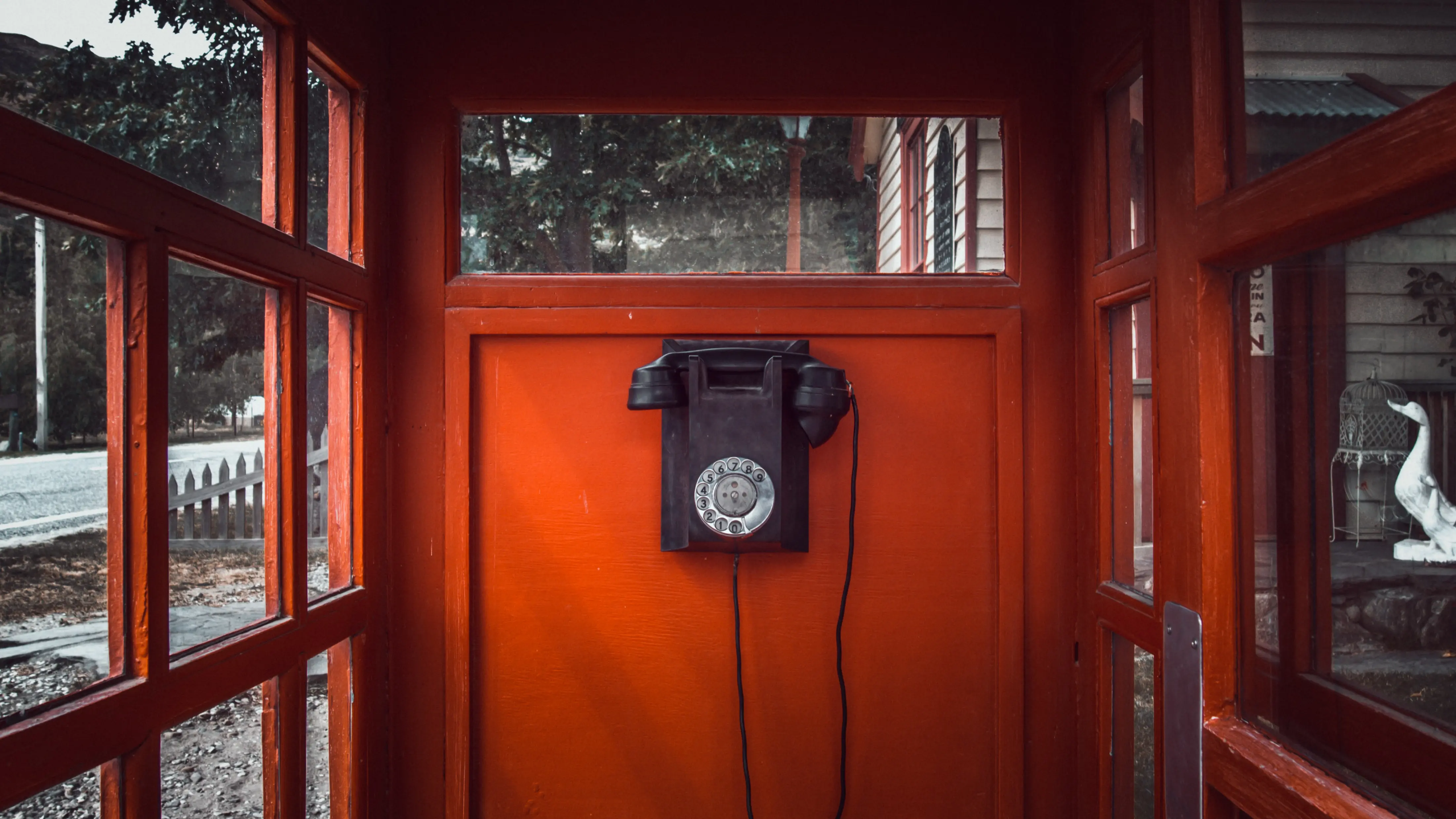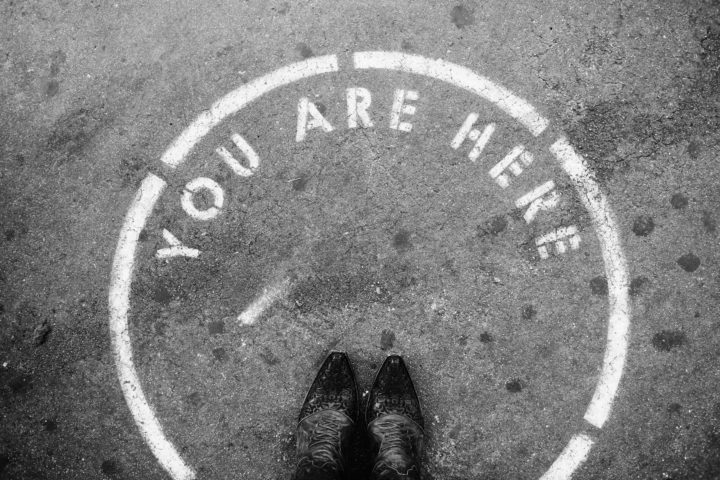I looked up a quote I heard the other day attributed to Frederick Buechner and this is what I found: “Vocation is the place where your deep gladness meets the world’s deep need.” His words struck a chord given that I’ve been spending an enormous amount of time in this upside-down world of 2020 trying to figure out how I can best serve my hurting self and our hurting world.
Vocation is more than a job, more than a volunteer position. Its definition is: “A strong feeling of suitability for a particular career or occupation.” It’s further defined as something “worthy and requiring great dedication.” Writing is definitely a vocation for me. So are blogging and speaking. But if the above definitions are correct, a vocation is not a “calling.”
Some people may experience that middle-of-the-night epiphany and know what they’re meant to do, so it can be said they have arrived at the “strong feeling.” But for most of us, it takes time to truly believe we are “suitable” for our mission. And for many of us, it takes time to believe our chosen course is “worthy,” especially if others don’t see it as such. That’s where the “great dedication” comes in. It comes from acknowledging we have doubts and insecurities, but deciding to dedicate ourselves to our vocations until we do feel suitable and worthy.
This interpretation of Buechner’s advice intrigued me because the word “vocation” has always sounded so solemn and serious and important. Like you better get it right, and you better do it right. And we tend to think of vocations as things people commit their whole lives to, like religious service or medicine. But Buechner appears to take the pressure off finding your “one true purpose” and says, look to what makes you happy. Look to where your energy lies. Look not just to what you’re good at, but what you can’t stop doing. And then look out into the world and see where your strengths, skills, and wisdom can be put to use to help the most people in need.
Interestingly, that is not the actual quote. What Buechner really said is: “The place God calls you is the place where your deep gladness and the world’s deep hunger meet.” This version puts the emphasis on the calling and also on the “world’s hunger,” not its “deep need.” After all, who are we to determine what the world needs? How strong is our ego that we feel so sure we know what others require? But to focus on the world’s hunger means not to rescue people, but to serve them. Not to provide them food, but to teach them how to grow it themselves. Not to whisk them off to a shelter, but to empower them to seek shelter. Not to judge, but to listen. Not to solve, but to inquire.
I feel I was called to be curious and to explore and celebrate what makes ordinary people (now and throughout history) so extraordinary, and I feel my vocation was to be a writer/speaker, a career I’ve dedicated almost three decades to developing, a career that has given me much gladness. It’s been a worthy undertaking, for sure, but this year has challenged so many of my core beliefs about what we really hunger for. This post is a perfect example of how something (this quote) can resonate and feel so real at first glance, only to shift and grow with further examination, and then somehow to translate into one’s own truth.
The world feels deeper and heavier lately, and for a historian like myself, it’s easy to recall the darkest days of our history. With things changing so fast right now, it makes sense to accept that vocations do not require a lifetime commitment and new callings can lead to new ways to contribute. I secretly hope my new callings come to me in middle-of-the-night epiphanies, because that would be so easy, but it’s more likely they’ll come when I finally give myself permission to lean into my deep gladness again, a gladness that connects me to my art, my service, and my Spirit.
If you like this post, please share and credit Bursts of Brilliance for a Creative Life blog



